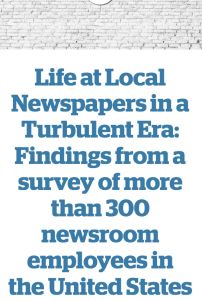
Life at Local Newspapers in a Turbulent Era
Findings from a survey of more than 300 newsroom employees in the United States
Recommendation
In 2020, the Tow Center for Digital Journalism at the Columbia University Graduate School of Journalism surveyed editors, reporters and publishers at small, local American newspapers about how the coronavirus pandemic has changed the way they do their jobs and challenged their mission. Despite what local journalists perceive as an uncertain future, most were eager to find solutions. This extensive report by Damian Radcliffe and Ryan Wallace will be of value to anyone concerned about the state of small-market, regional media – and its possibilities for tomorrow.
Summary
About the Authors
Damian Radcliffe is the Carolyn S. Chambers Professor in Journalism at the University of Oregon School of Journalism and Communication. Ryan Wallace is a researcher and doctoral student at the University of Texas School of Journalism.








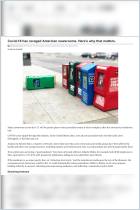
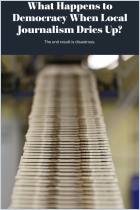
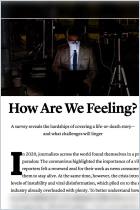


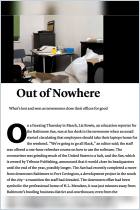
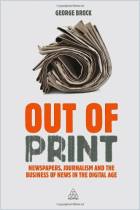



Comment on this summary or Diskussion beginnen